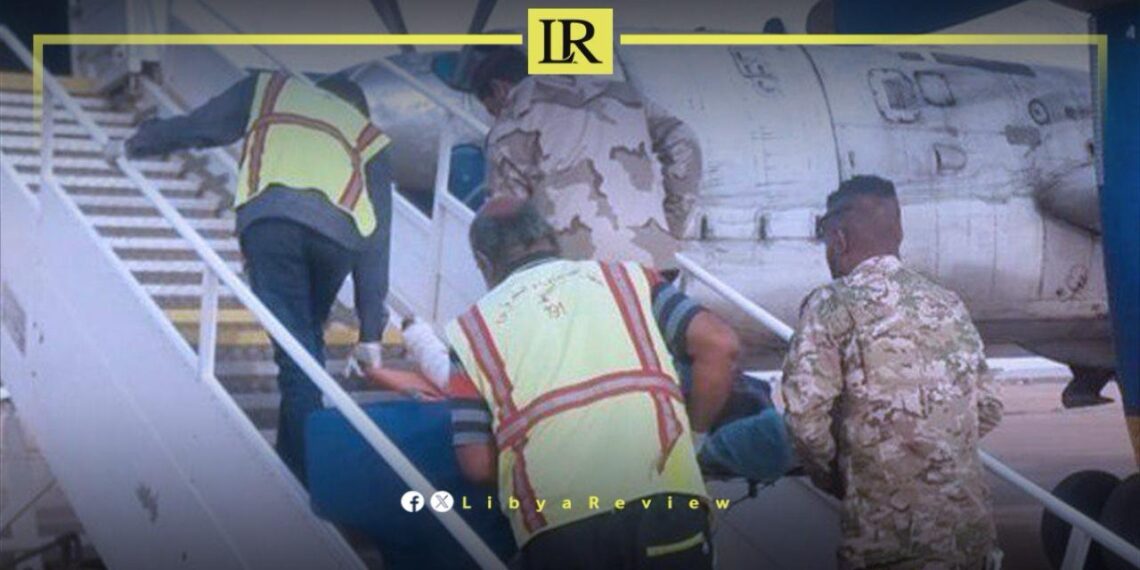On Saturday, a group of Sudanese refugees experienced an accident near the Libyan city of Kufra.
This group, fleeing the turmoil in Sudan, encountered tragedy when their vehicle overturned and ignited, leading to severe injuries for seven individuals and the unfortunate death of one woman.
The accident, occurring roughly 200 kilometers south of Kufra, prompted the urgent medical evacuation of some victims to Benghazi. This reflects the acute dangers faced by refugees navigating perilous journeys to Libya.
Libya, with its strategic position bordering the Mediterranean, has long been a pivotal thoroughfare for migrants and refugees aiming for Europe. However, the country’s protracted conflict and political instability have exacerbated the vulnerabilities of these desperate travelers. It exposes them to exploitation by smuggling rings, as well as rampant abuse, detention, and trafficking. This recent tragedy near Kufra is not an isolated incident but a stark illustration of the broader humanitarian crisis engulfing the region.
The plight of the Sudanese refugees is rooted in the deep-seated political and economic instability that has gripped Sudan for years. Continuous conflict, governmental upheavals, and economic downturns have displaced millions, propelling them toward nations like Libya, despite the known risks. Their journeys, often embarked upon with the hope of a safer and more stable life, are fraught with uncertainty and danger, as the recent accident tragically underscores.
Libya’s significance in the migration narrative cannot be overstated. The nation’s geographical positioning makes it a critical juncture for those traversing the Central Mediterranean route to Europe. Yet, Libya’s ongoing conflict, characterized by rival governments and militia control, has turned it into a perilous territory for migrants and refugees. Efforts to manage migration flows and provide aid are significantly hampered by the lack of a unified national government, making the humanitarian response fragmented and inadequate.


